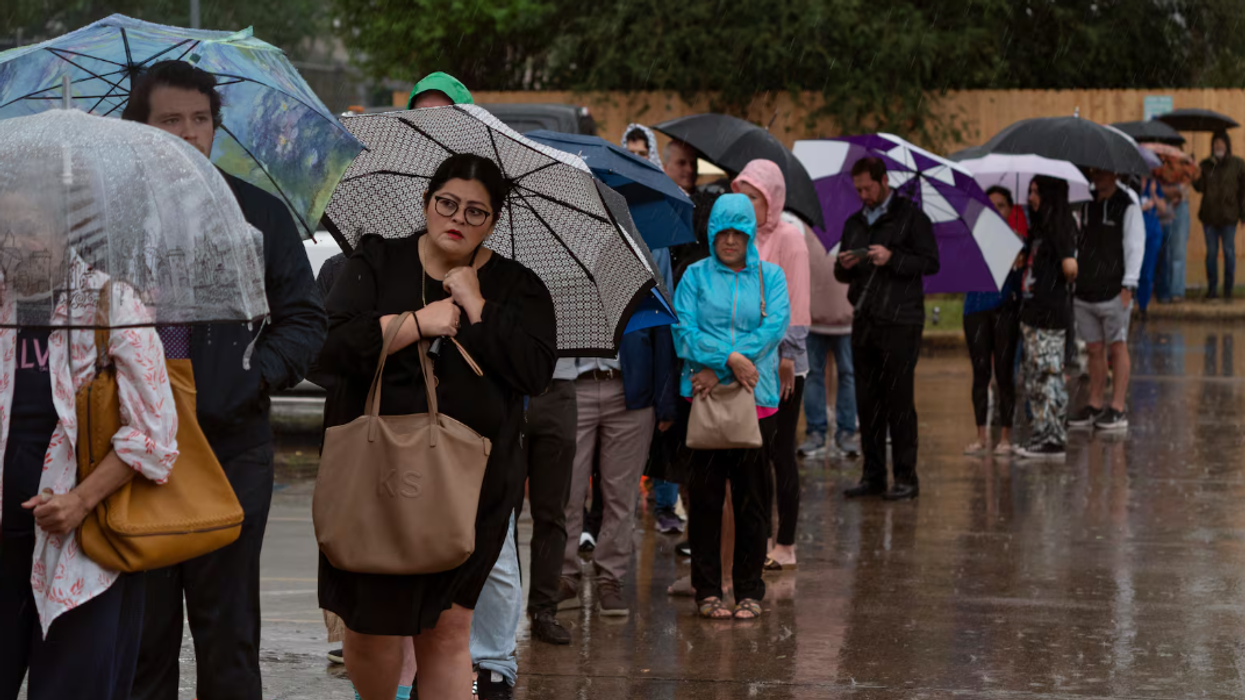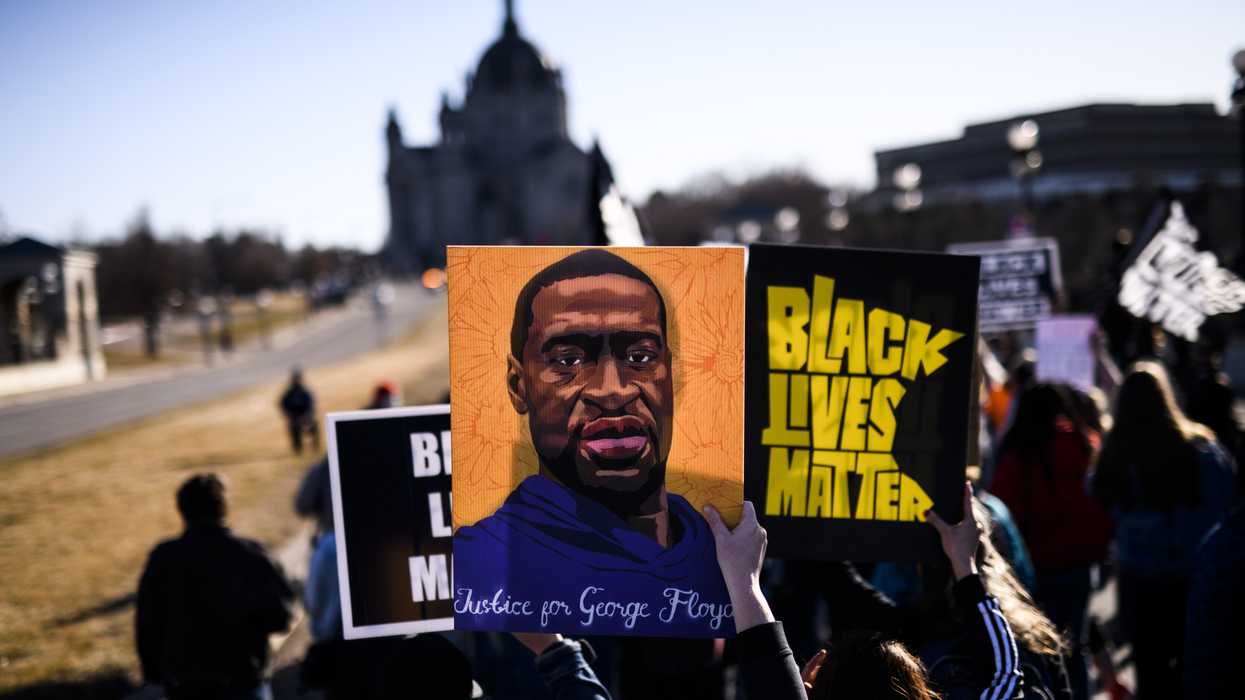Texans’ ballots for next month’s election include 17 proposed amendments to the state constitution, including one clarifying that a voter must be a United States citizen.
Republicans in Texas and across the country have for years been raising alarm about the possibility of noncitizens casting ballots, even though such cases are rare, and people who vote illegally risk serious consequences, including deportation.
The amendment wouldn’t have much practical effect, as it essentially restates what’s already in state law. But it would “make it crystal clear under the state constitution that if you’re not a U.S. citizen you’re not allowed to vote in Texas,” Gov. Greg Abbott said in a social media post.
An effort to require all Texas to show proof of citizenship to register to vote failed to pass in the legislature this year.
Constitutional amendments are the only state measures voters in Texas will see on their ballot this year. They will appear at the top of the ballot and above any local races or measures.
Early voting will run until Oct. 31, and Election Day is Nov. 4. The deadline for counties to receive applications to vote by mail is Oct. 24. Mail ballots must be received by 7 p.m. on Election Day to be counted.
Here’s what you need to know about the citizenship proposal:
What does the proposed constitutional amendment look like?
You’ll see it as Proposition 16 on your ballot. It was introduced as Senate Joint Resolution 37 and written by Sen. Brian Birdwell, a Republican from North Texas. The Legislature approved its addition to the ballot during the regular session.
It says, “the constitutional amendment clarifying that a voter must be a United States citizen,” and voters can select yes or no.
What would it do?
It would amend Article 6 of the Texas Constitution, which lists groups that aren’t allowed to vote in Texas. Article 6 currently prohibits voting by people under 18 years old; anyone who has been deemed incompetent by a court; and anyone who has been convicted of a felony. The proposed amendment would add to that list “persons who are not citizens of the United States.”
However, being a U.S. citizen is already a requirement to vote in federal elections under federal law, and state law says that only U.S. citizens and Texas residents are eligible to vote. That’s why Texans are asked to attest whether they are U.S. citizens when filling out a voter registration card. Anyone who attests on the form that they are not citizens would not be allowed to register.
Noncitizens who vote face state and federal criminal charges and could be at risk of deportation.
Even if it’s approved by voters, the measure would not require voters to show documentary proof – such as a birth certificate or a U.S. passport — to register to vote.
What are the arguments for and against the amendment?
Birdwell said during a public hearing on the proposal earlier this year, that the language in the state constitution would affirm citizenship as a requirement for voting and complement federal law.
Some voting rights activists opposing the amendment said at the time that it would be redundant, since the citizenship requirement is already in place. Others worried the language may mislead voters into believing noncitizens are voting en masse.
There’s been little campaigning over the amendment on either side.
Have other states considered similar measures?
Yes. South Dakota, Idaho, Iowa, Kentucky, Missouri, North Carolina, South Carolina, and Oklahoma recently passed similar constitutional amendments, according to the National Conference of State Legislatures.
And last fall, voters in Wisconsin overwhelmingly approved a GOP-backed measure to change constitutional language that says “every” U.S. citizen 18 or older has a right to vote. The new wording says “only” a U.S. citizen 18 or older can vote in national, state, and local elections, effectively closing the door to any local ordinances that would allow noncitizens to vote. The amendment passed with roughly 70% of the vote.
What Texans need to know about Prop 16, the ballot question on citizenship and voting was first published on VoteBeat Texas and republished with permission.
Natalia Contreras covers election administration and voting access for Votebeat in partnership with the Texas Tribune. She’s based in Corpus Christi. Contact Natalia at ncontreras@votebeat.org.




















